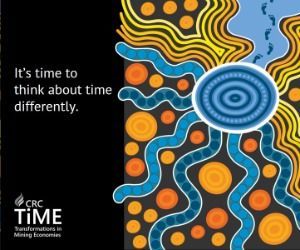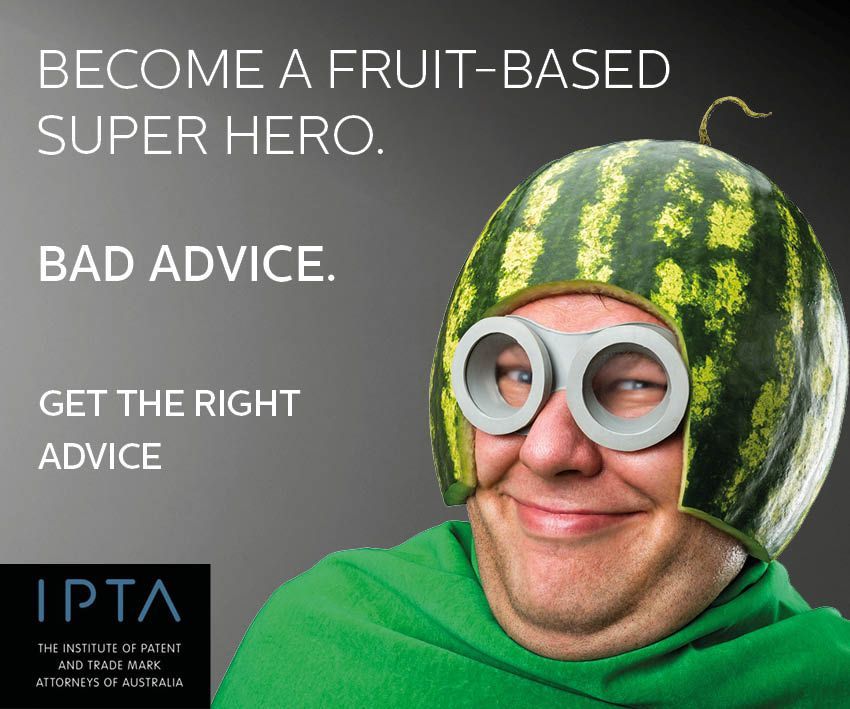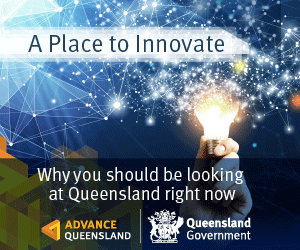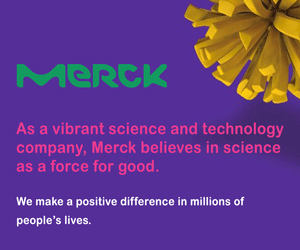1MG FlippingBooks
The Cycle of Life (STEM)

The importance of STEM
It’s estimated that up to 22% of Australia’s economic activity centres around STEM (science, technology, engineering and maths), and yet, students are moving away from these subjects and into business, arts and humanities, with a 16.2% drop in STEM subject enrolments from 2013 to 2017. According to an Education Services Australia website, it’s predicted that even 1% of Australia’s workforce converting to STEM subjects could increase the GDP by up to $57.1 billion.
The STEM race (Left behind)
Current educational trends around STEM predict a thinly stretched workforce in these fields across Australia, with 32% of employers already struggling to find qualified people to fill these roles. Countries like China and India are seeing exponential growth in this area and are beginning to overtake their western counterparts, with the former producing 4.7 million STEM graduates per year. By contrast, Australia’s STEM graduate rate for 2020 was a measly 16,072 – and the numbers aren’t getting any better. Population discrepancies aside, this is an alarming gap, and the government has been scrambling to encourage young people into STEM subjects.
Decline in STEM (The Problem)
Only 1 in 10 high school students are participating in advanced mathematics and enrolments in scientific subjects are at their lowest point in the last 20 years, which is affecting tertiary enrolment. A potential cause for this slide could be a lack of showcasing of STEM opportunities to high school students. Role models are needed in these fields to inspire future generations to do the same. The steep learning curve and ‘sink or swim’ attitude towards foundational skills are major barriers to students looking to pursue these careers, as is the lack of interactivity in the education process.
The struggles of incentivising STEM
(more than money)
To combat the decrease in STEM applicants, the Morrison government introduced a scheme to funnel students away from the Arts and into STEM subjects. The scheme involved almost doubling fees for many humanities degrees and lowering them on courses that were considered more ‘desirable’. This has led to a stark imbalance in fees with business and humanities students having to pay up to $15,152 per year, while mathematics and other such courses only incur an approximate cost of $4,124. Leading voices in the tertiary education field claim that these incentives have ‘failed to work’ and are calling for increased equity between disciplines.
What inspires people to choose STEM
(Changing the Narrative)
Clearly the government’s attempts to inspire tertiary students into STEM careers is failing, so what about the younger generations? That’s where the ‘Future You’ program comes into play. Future You is a government-funded initiative that aims to diversify the perceptions of children aged 8 to 12 about what kinds of people can enter STEM careers. According to STEM Ambassador, Professor Lisa Harvey Smith, the program has commissioned a team of 5 established Australian authors to write short stories based on the future and space travel and ‘take children on an interstellar journey of the imagination’ that will “help children, their parents and teacher understand that STEM is for everyone”. Only time will tell if this early investment bears any fruit.
Interest in STEM (not all is lost)
Despite the worrying practical numbers on tertiary STEM students’ enrolment and graduations, all is not lost. In 2021 a survey revealed that roughly 63% of students across all levels of education were interested in science, 60% in technology, 45% in engineering and 47% in mathematics, with only a slight decrease in those same students who claimed to be confident enough to study and achieve passing grades in these fields. The basis is there for Australian students to enter STEM fields, but our education system needs to put in place appropriate strategies in order to cultivate and inspire those same students to pursue their interests further. The incentive for this can’t just be low student fees or high salaries. A genuine love and interest in the world of STEM needs to enter our culture and most importantly, our classrooms.
FUN AND EXCITING STEM CAREERS
Gameplay Engineer/Programmer
Certified Ethical Hacker
Underwater Archaeologist
Storm Tracker
Aerospace Engineer
Astronomer
Food Scientist
Cryptozoologist
Park Ranger
Toy Assembly Specialist
Aircraft Mechanic
FAMOUS STEM GRADUATES
Marie Curie (discovered radiation)
Isaac Newton (discovered gravity)
Katherine Johnson (helped send a man into space)
Stephen Hawking (famous physicist who studied black holes and space time singularities)
Tim Berners-Lee (Invented the internet)
Florence Nightingale (saved soldiers lives by improving the standards of sanitation and care)
Bill Gates (software developer and cofounder of Microsoft)
Elon Musk (programmer and entrepreneur, CEO of Tesla and Space X)
Mark Zuckerberg (computer scientist and programmer, creator of Facebook)










